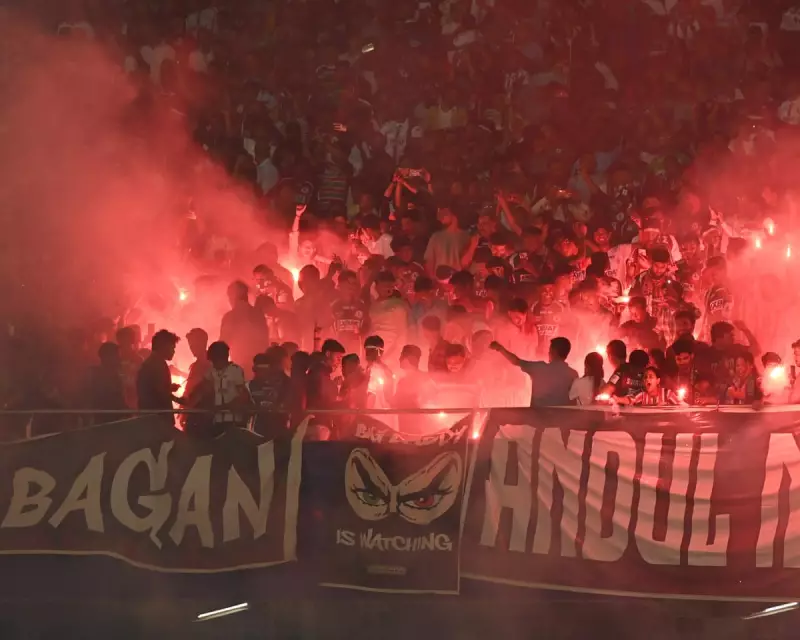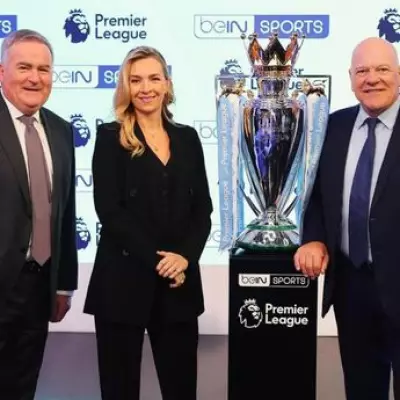
The Indian Super League (ISL), once hailed as a revolution in Indian football, is now at the centre of a political storm. Recent developments have exposed deep-rooted tensions between football administrators, government bodies, and private stakeholders, raising concerns over the future of the sport in the country.
Power Struggles Threaten Progress
What began as an ambitious project to elevate Indian football has increasingly become a stage for power struggles. The All India Football Federation (AIFF) and private franchise owners are locked in disputes over governance, funding, and decision-making authority. Critics argue that political interference is undermining the league's potential.
Government Influence Grows
The involvement of state-backed entities in club ownership has further complicated matters. Several ISL teams are now indirectly controlled by political figures, leading to accusations of favouritism and conflicts of interest. This has sparked debates about whether football should remain independent from political agendas.
Fan Backlash and Commercial Risks
Supporters have expressed frustration over the lack of transparency, with some boycotting matches in protest. Sponsors, too, are growing wary of the instability, threatening the league's financial sustainability. Without swift resolution, the ISL risks losing both its fanbase and commercial appeal.
What’s Next for Indian Football?
As tensions escalate, calls for reform grow louder. Experts suggest that a neutral regulatory body may be needed to restore credibility. Until then, the beautiful game in India remains caught in a political crossfire.





